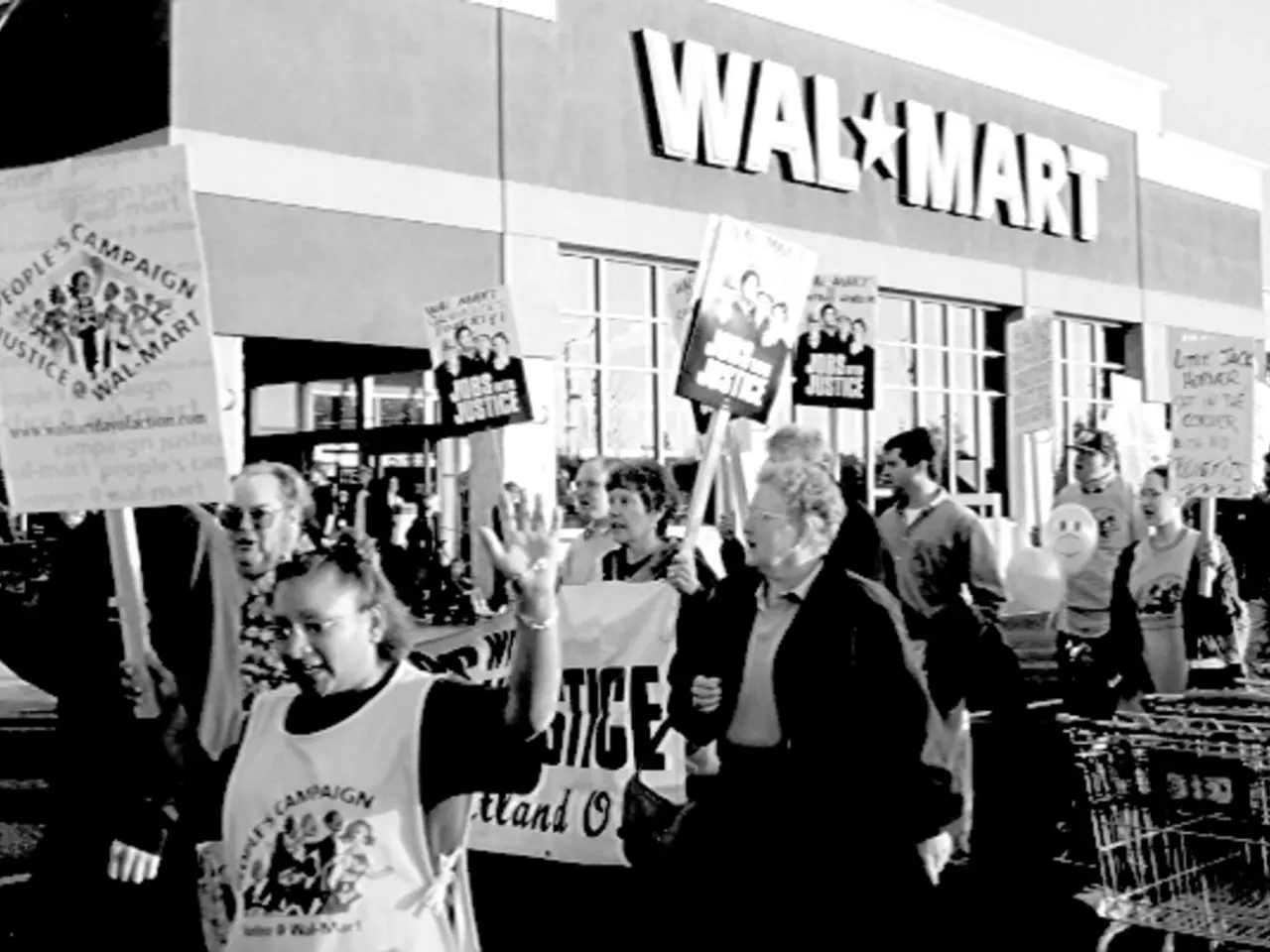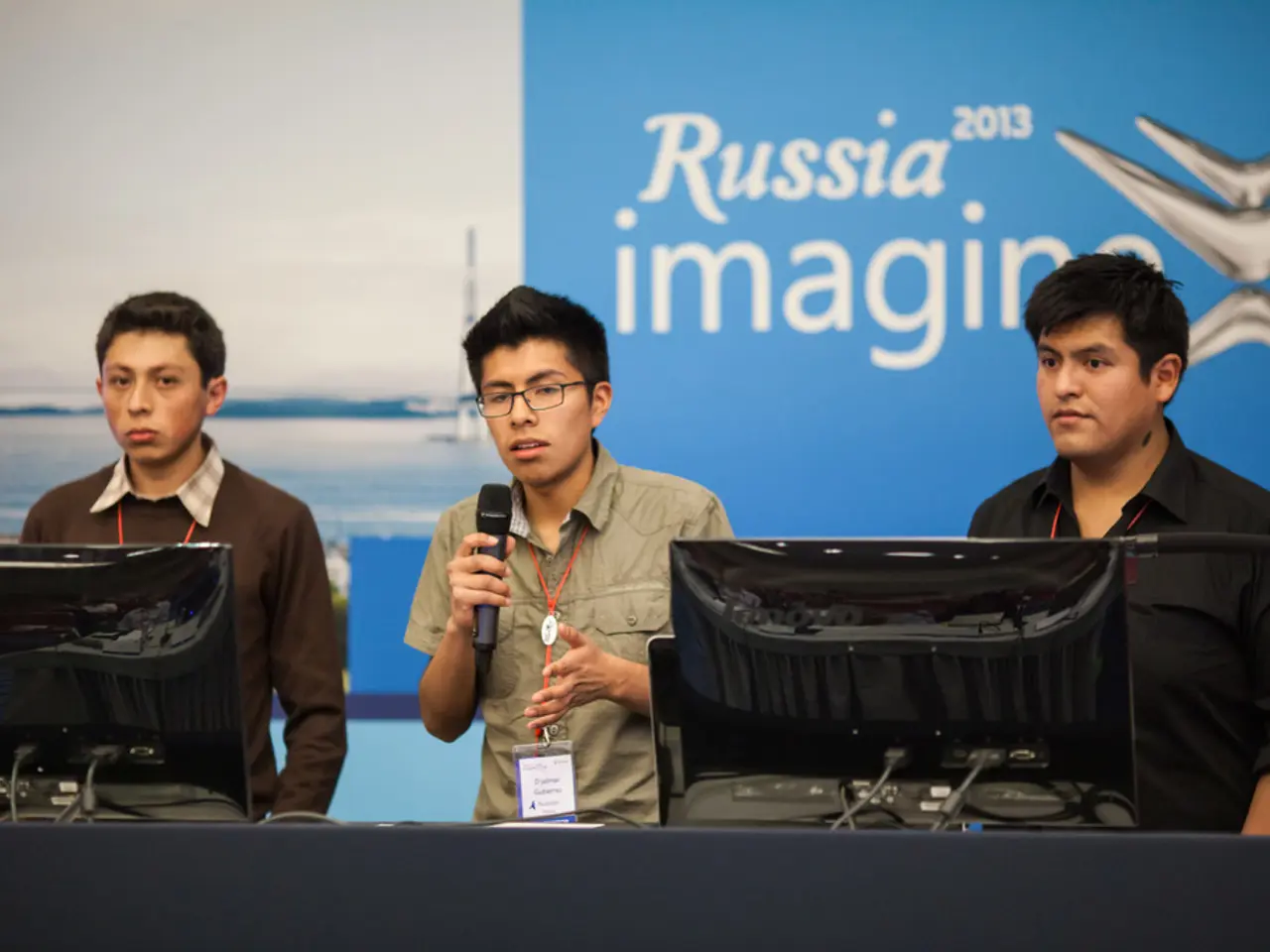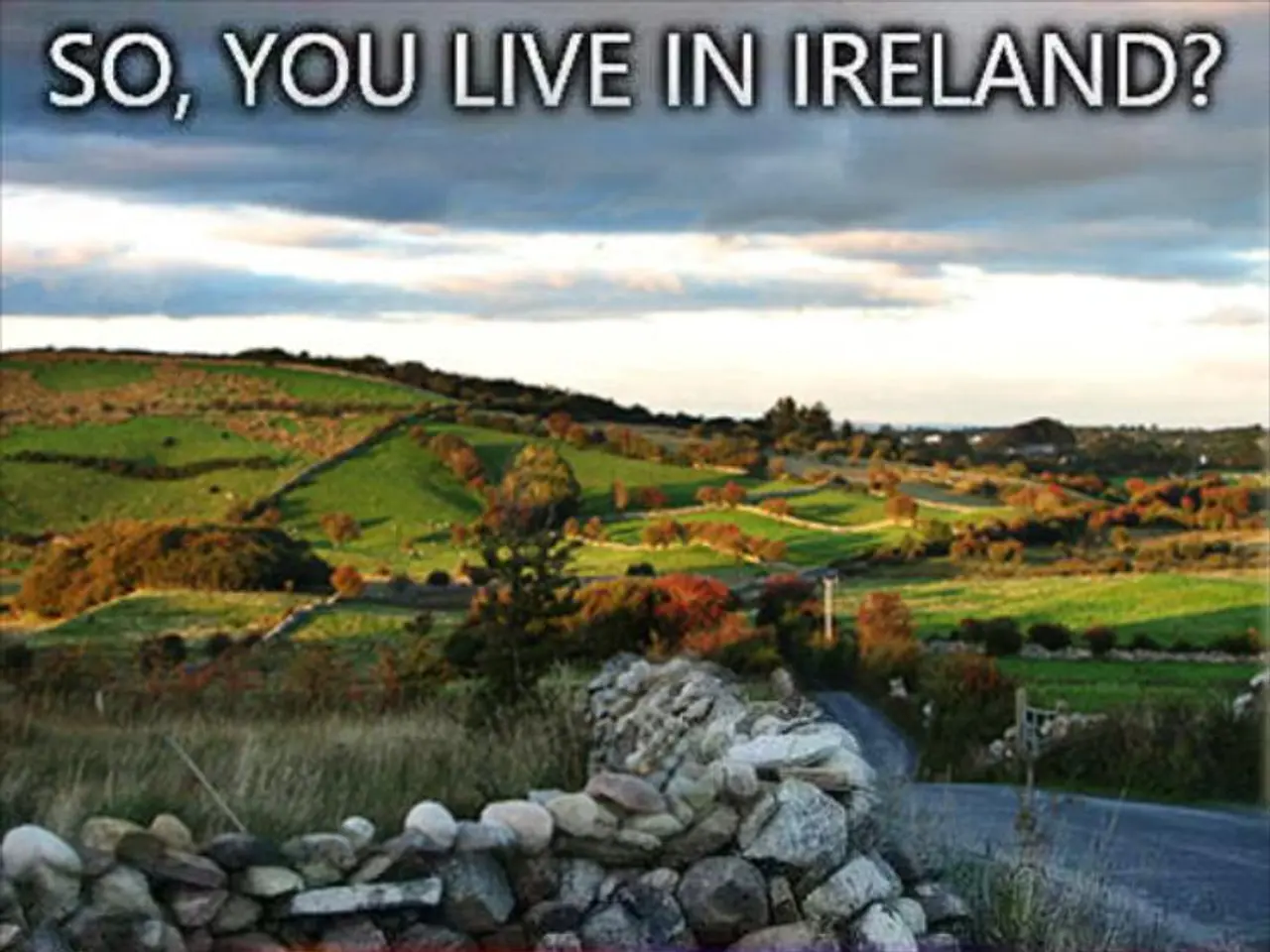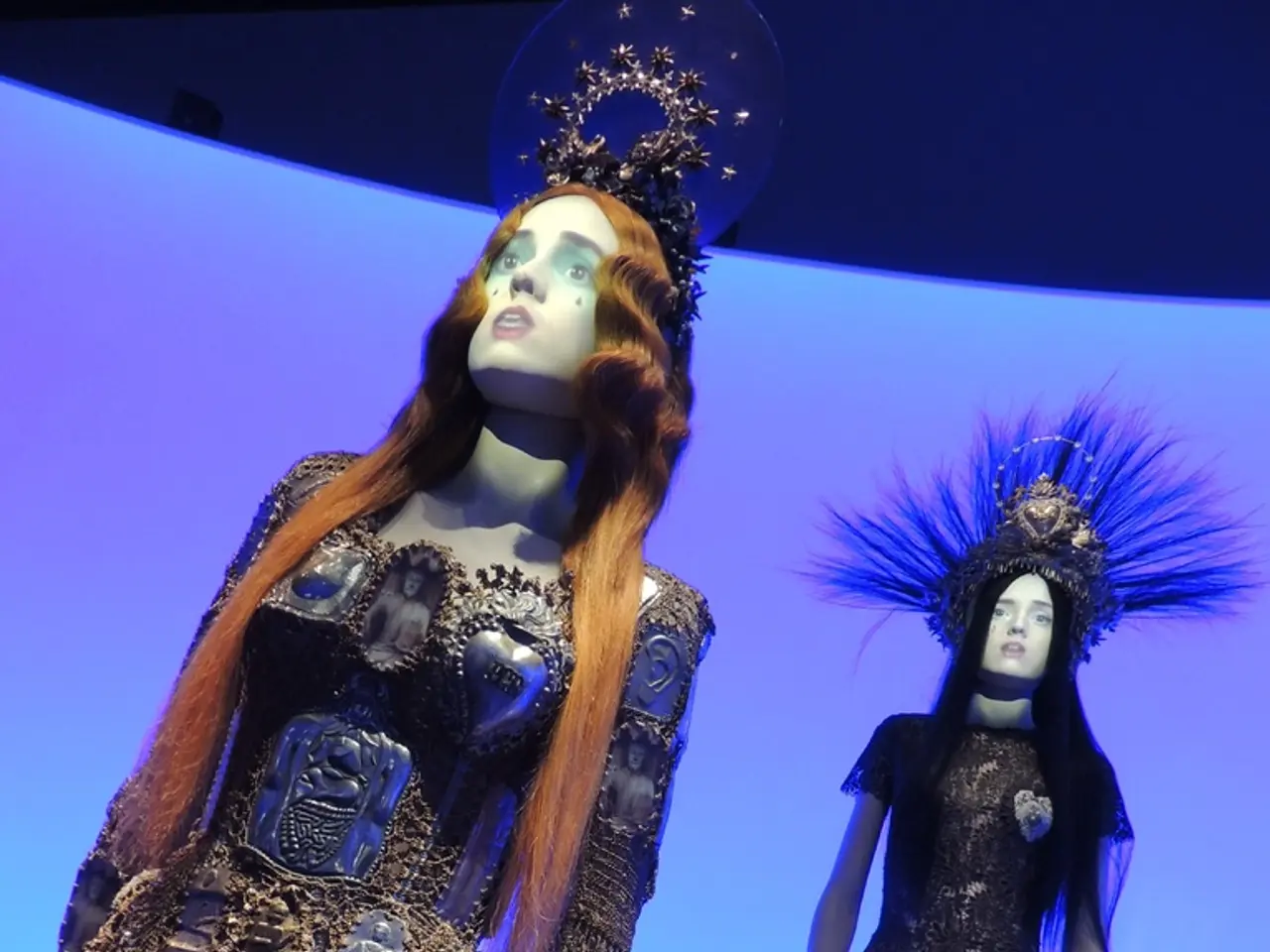Violence Erupts in Kenya: Multiple Casualties Reported during Protest Anniversary Commemoration
Kenya is currently grappling with significant political tension, as thousands of young Kenyans take to the streets in a series of demonstrations against police brutality, economic hardship, and poor governance under President William Ruto's administration.
The protests, which began a year ago in response to proposed tax increases, have since broadened to encompass a range of socio-economic grievances, including high living costs, mass youth unemployment, and lack of government accountability. On June 25, 2025, protests were held in at least 27 of the country's 47 counties, marking the anniversary of last year's deadly protests.
While the protests began largely peacefully, they escalated into violence as police used teargas and live ammunition against demonstrators, resulting in at least 16 deaths and over 400 injuries. The deaths were believed to have been caused by gunshot wounds, and the government has faced criticism for its handling of the situation.
The youth driving these protests, particularly from Generation Z, express deep frustration over ongoing police brutality and the broader socio-economic challenges they face. The death of a street hawker during a recent protest and the unexplained death of a Kenyan blogger in police custody have further inflamed public anger.
President Ruto has acknowledged the death of blogger Albert Ojwang, who died in police custody, calling the incident "heartbreaking and unacceptable." Six individuals, including three police officers, have been charged with murder in connection with Ojwang's death.
The protests this year were centered in Nairobi, with crowds mainly consisting of young men. Some protesters waved national flags and held placards bearing images of people killed in last year's protests. Activists accuse the government of reviving tactics reminiscent of Kenya's authoritarian era in the 1980s and 1990s, as authorities fortified government buildings in Nairobi with razor wire and closed roads into the central business district.
The Interior Ministry issued a warning to protesters not to provoke police or enter restricted areas, and at least 61 people were arrested nationwide during the protests. The Communications Authority banned live coverage of the protests on Kenyan television channels, although these restrictions were partially overturned by a high court ruling.
Human rights groups report scores of abductions or disappearances of government critics, with dozens still unaccounted for since last year. The situation has intensified scrutiny of police conduct in Kenya, with the Ojwang case being a particular point of concern.
The protests are taking place now to commemorate the deadliest day of the unrest and to call for the occupation of the State House. Chants of "Ruto must go" were heard during the protests, as criticism of the President's administration continues to mount. Ruto's promise of Kenya's recovery has been met with scepticism, as corruption, inflation, and youth unemployment continue to plague the country.
Activists and rights groups, including Amnesty International and the Kenyan Medical Association, have condemned the violence against protesters and called for accountability. The presence of prominent political figures supporting Ruto amidst the unrest has been seen as a sign of the regime's fragility and fear of rising social discontent.
As Kenya navigates this period of political tension, it remains to be seen how the government will address the grievances of its youth and work towards a more peaceful and prosperous future.
[1] "Kenya: Court orders lifting of ban on live broadcasts of protests." Al Jazeera, 25 June 2025.
[2] "Kenya: Police Violence Fueling Youth-Led Protests." Human Rights Watch, 26 June 2025.
[3] "Kenya Protests: Death Toll Rises as Police Use Force." BBC News, 26 June 2025.
[4] "Kenya: Protesters Demand Accountability Amidst Police Brutality and Economic Hardship." Amnesty International, 26 June 2025.
- The recent news from Kenya highlights a severe political crisis, with protests led by Kenyan youth against President William Ruto's administration, alleging police brutality, economic hardship, and poor governance. (human rights, news, government, politics)
- The escalating violence during these protests, marked by police using teargas, live ammunition, and alleged gunshot wounds, has resulted in loss of life and injuries, leading to criticism of the government's handling of the situation. (war-and-conflicts, crime-and-justice, government, media)
- Human rights organizations have raised concerns over scores of abductions or disappearances of government critics and the death of Kenyan blogger Albert Ojwang in police custody, adding further scrutiny of police conduct. (human rights, crime-and-justice, media, general-news)
- The ongoing demonstrations are seeking accountability and are centered around demands for an end to police brutality, economic improvement, and the occupation of the State House. (human rights, general-news, politics, war-and-conflicts)





